Reportar esta entrada
Más sobre la misma comunidad-colección
Campeones de béisbol de Main Valley Babe Ruth 1963
Joe Gomez with the Main Valley Babe Ruth Champions 1963 Bamberg, ...
La escuela primaria Dr. Sue Shook - El Paso, Tejas
On Monday, Jan. 22, 2007 the Socorro Independent School broke ...
Francisco Madero y Annie (Meyer) Kleyhauer el 11 de mayo de 1911
My grandparents, Alfred D. and Annie Kleyhauer, and other ...
Día de la Historia de Texas - 2016
The Texas History Day silver medalists are (left to right) Tommy ...
Día de la Historia de Texas - 2016
The members of the Lincoln Middle School group (in no order) ...
Pete Melendez boxeador local de El Paso 1933-2009
" Award winning sports journalist Ray Sanchez wrote in his ...
El Premio de Oro MUSE para Instalaciones Multimedia - 2016
The MUSE Gold Award for Multimedia Installations given to the El ...
Dando bienvenida a soldados en el avión - 1970
Patti Olivas was a stewardess during the Vietnam Wartime and ...
Overseas National Airways - 1970
These are all stewardess during the Vietnam War Era. Right to ...
Patti Olivas demostrando la mascara de oxigeno - 1970
I was a stewardess for Overseas National Airways during the ...
Overseas National Airways - 1970
I flew for Overseas National Airways during the Vietnam War - ...
Estrella de Bronce - Fernando Villela - 1969
For heroism in ground combat against a hostile force in the ...
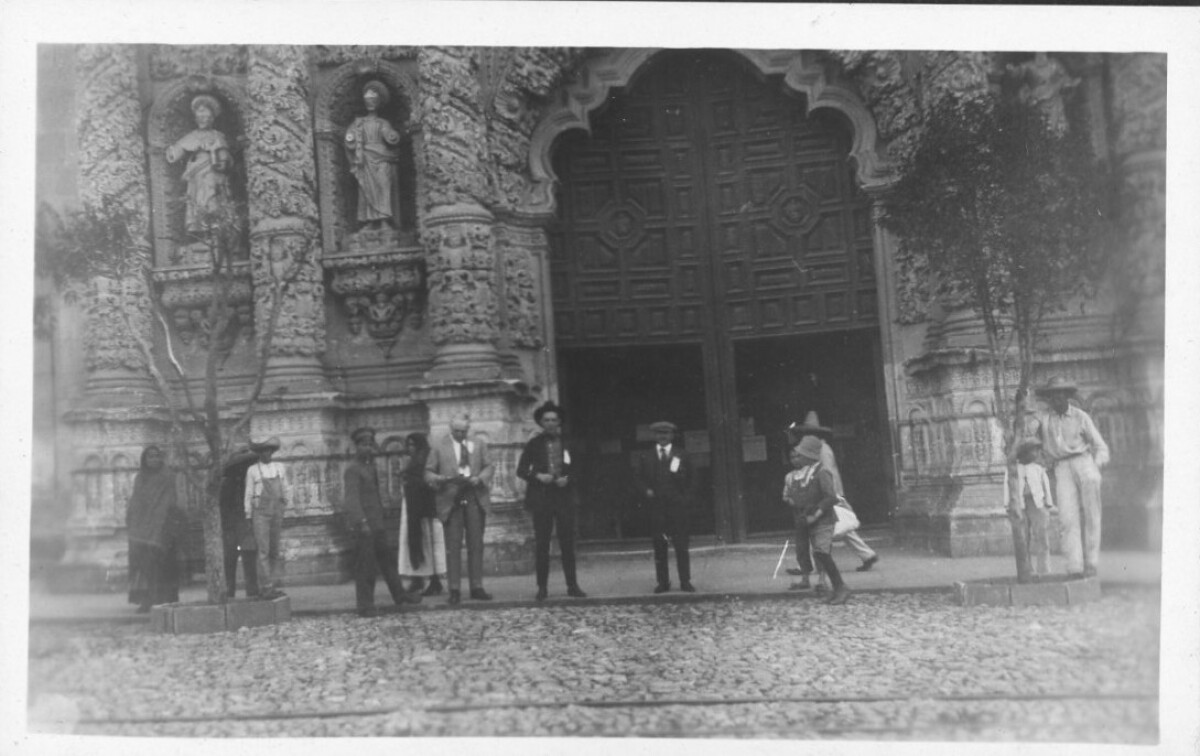
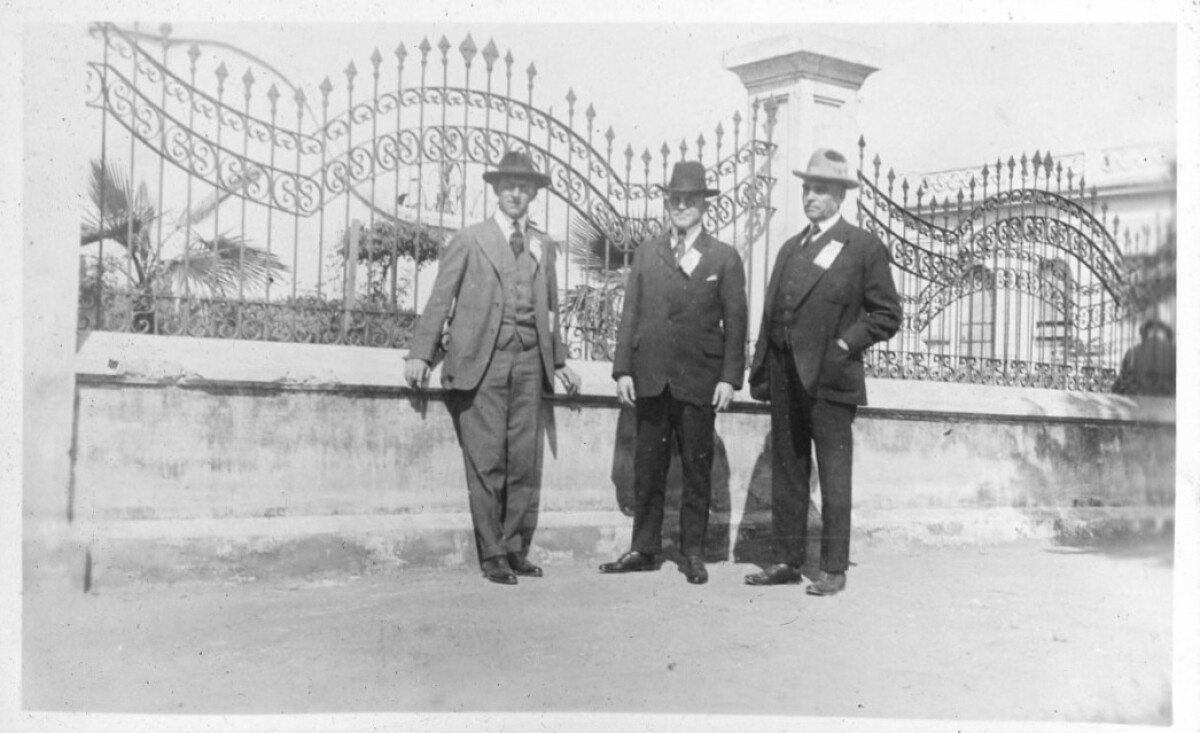
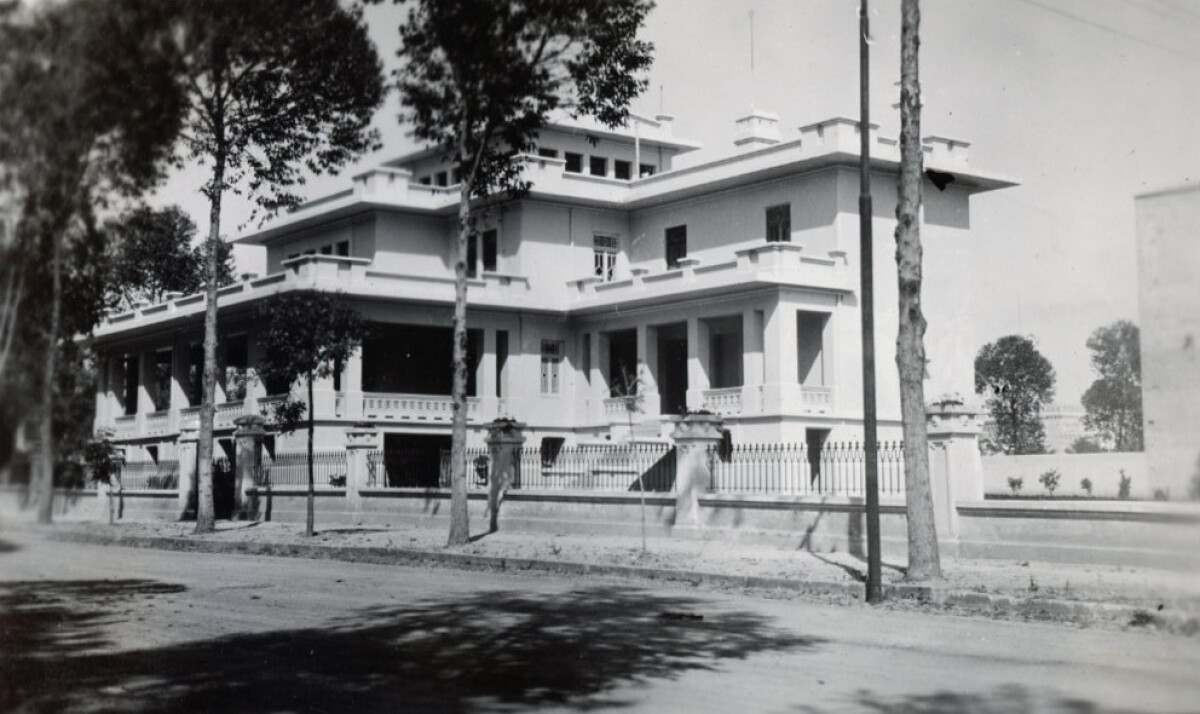
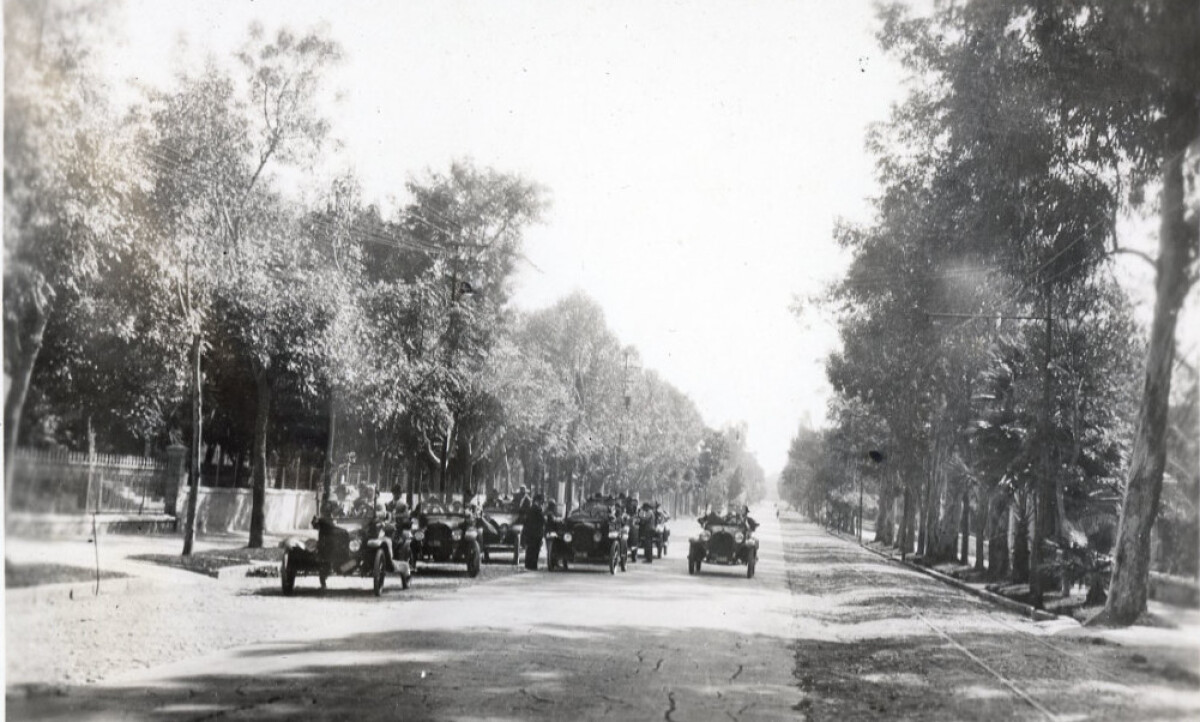
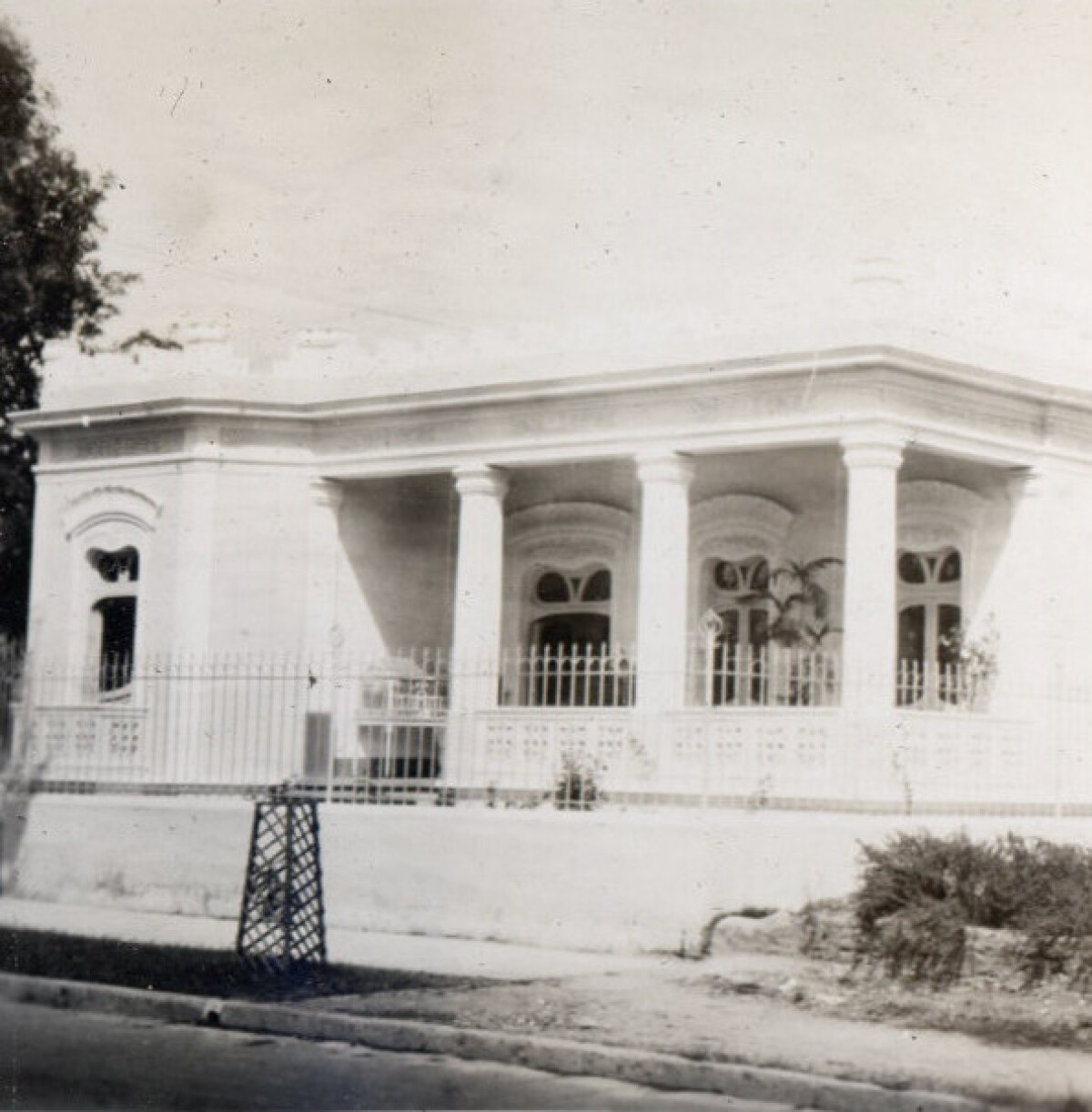
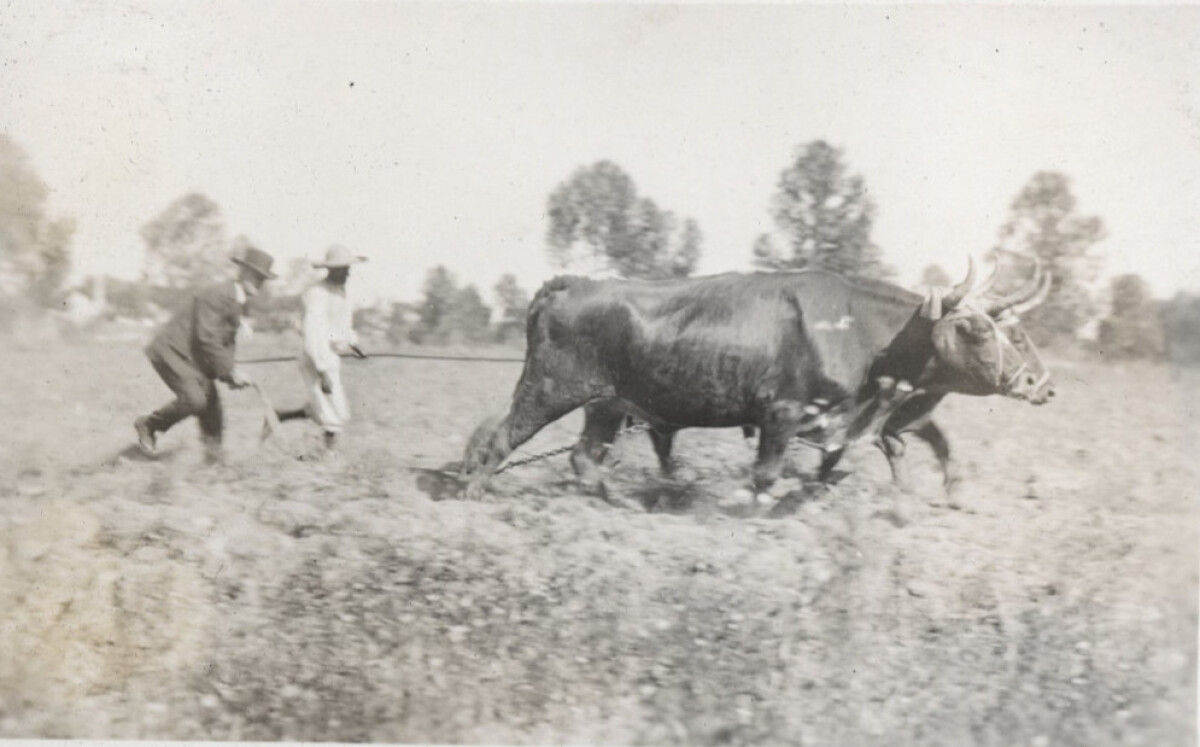
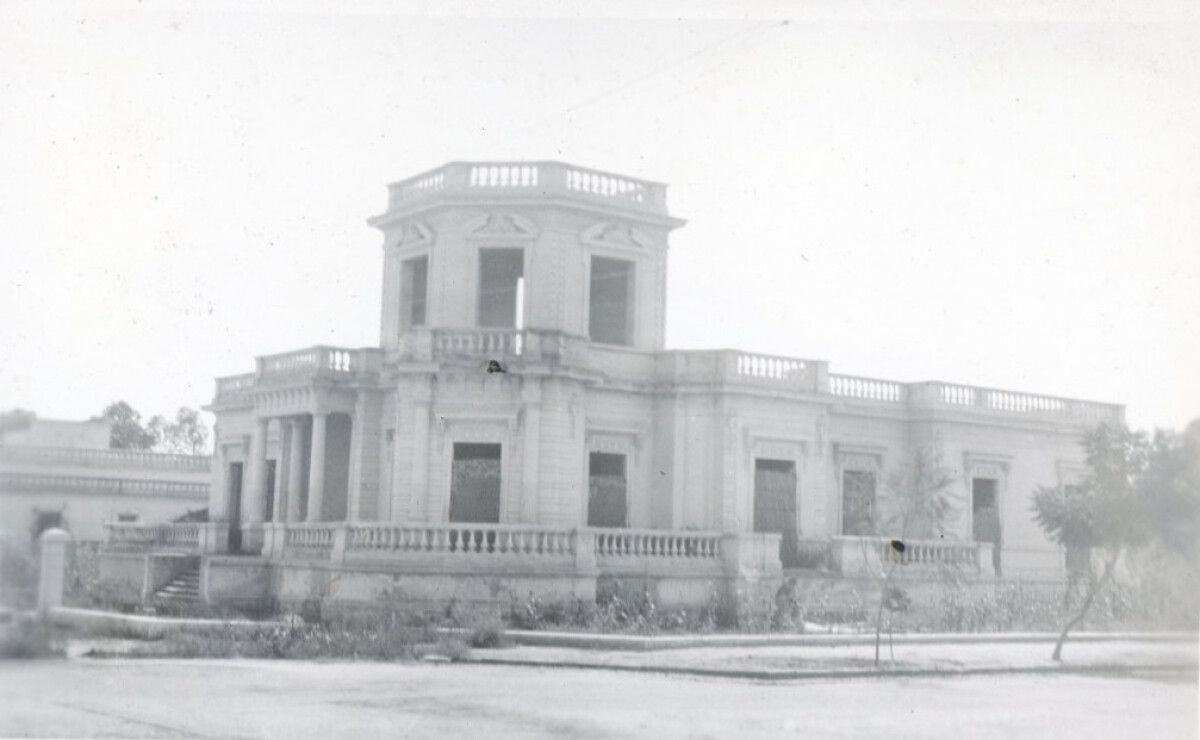
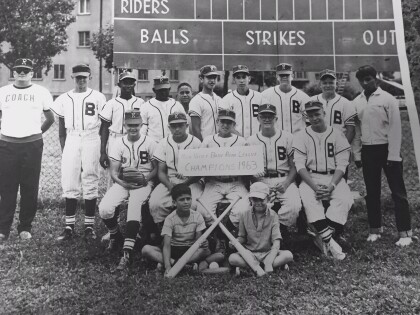
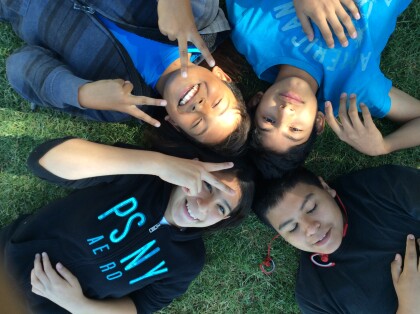

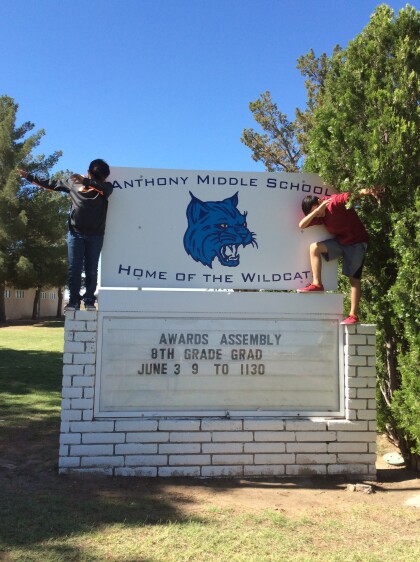
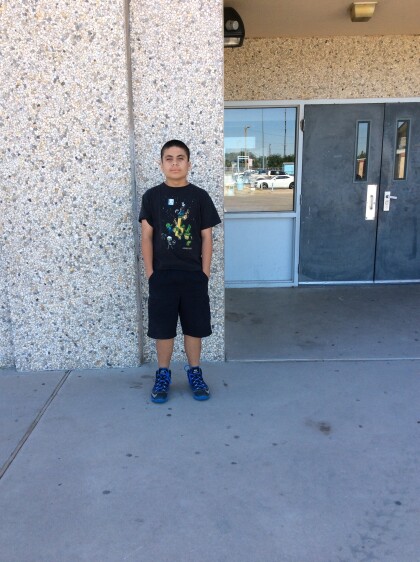
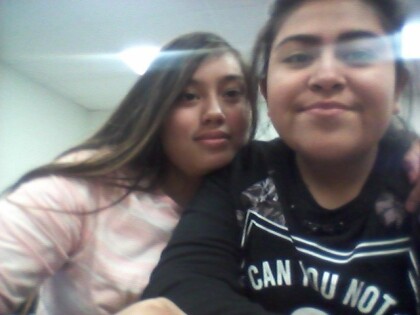
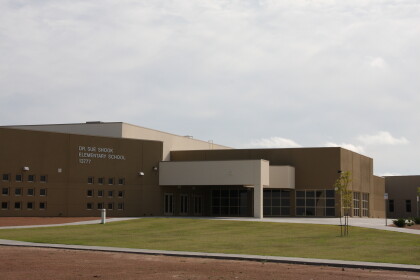
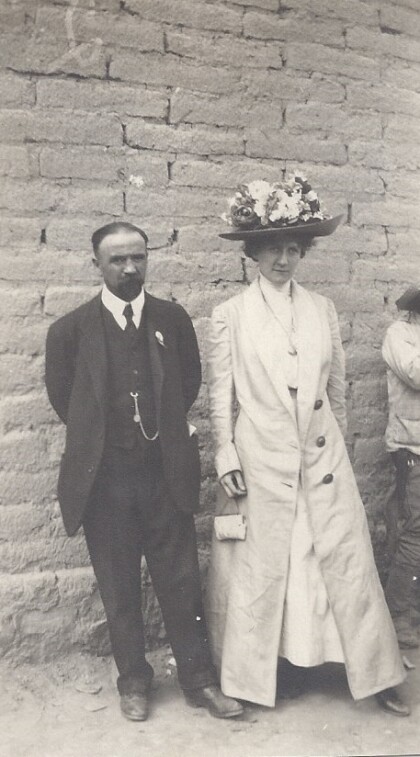
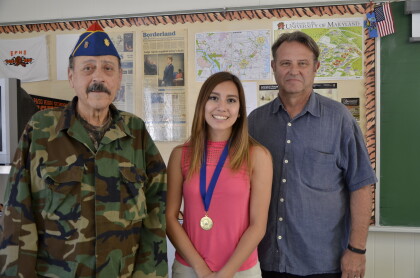

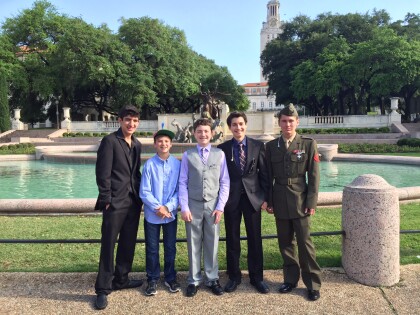
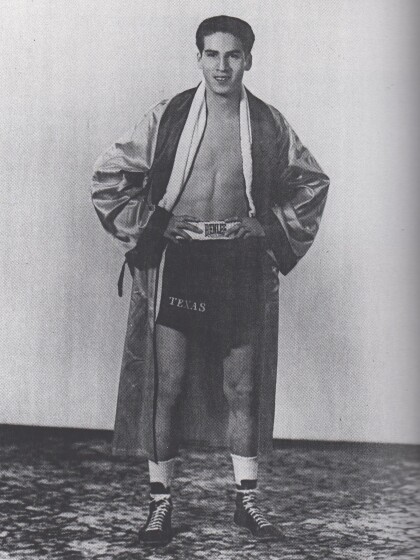
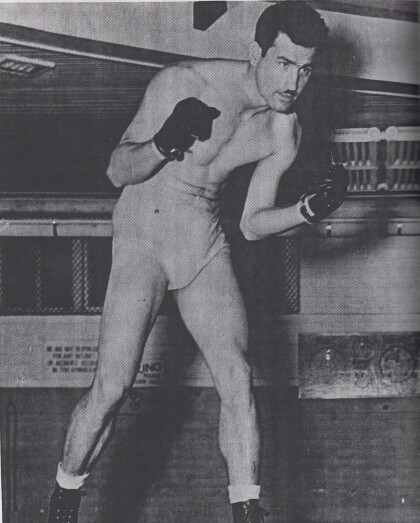
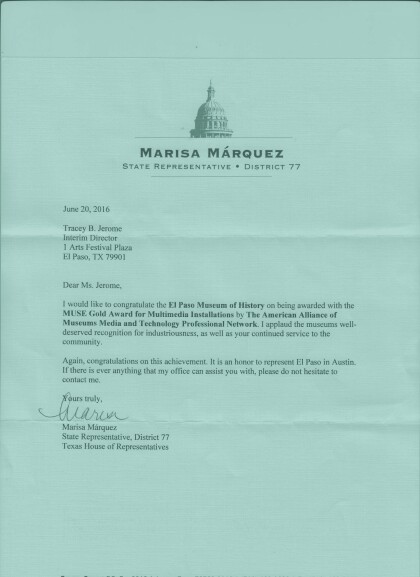
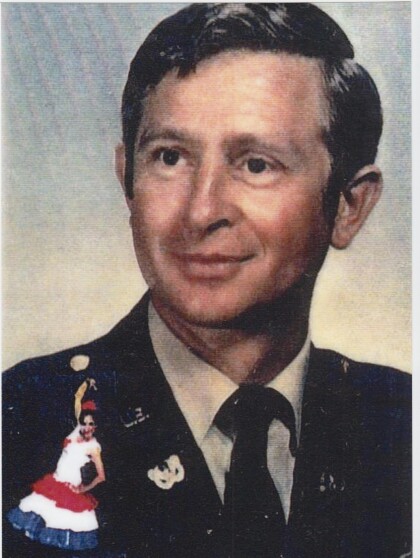
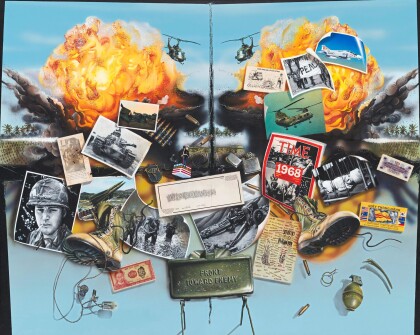
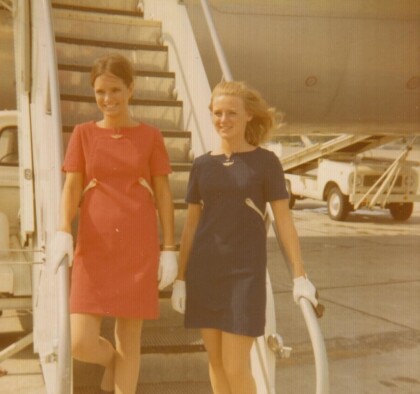
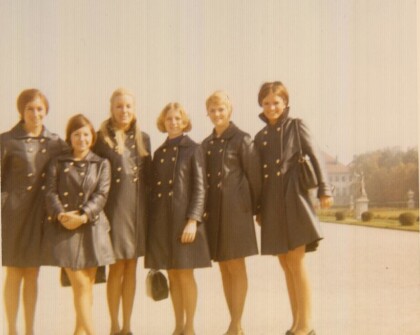
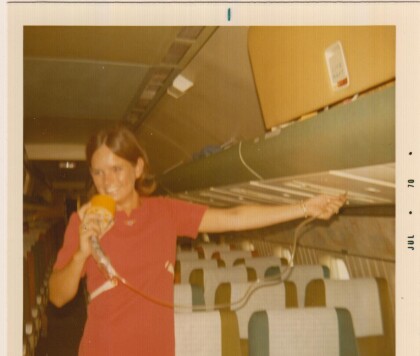
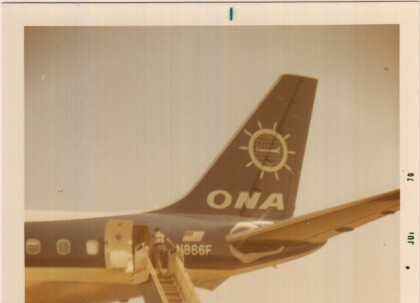
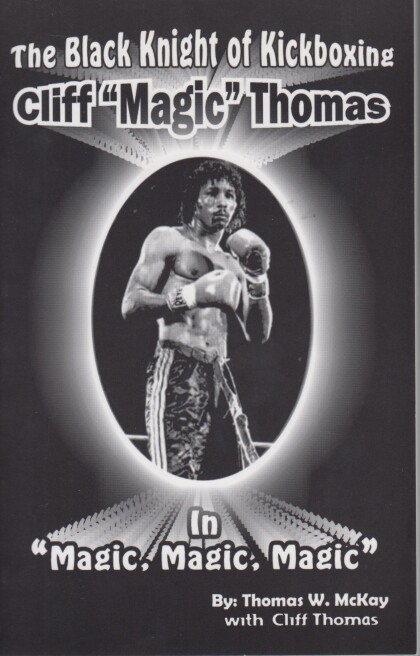
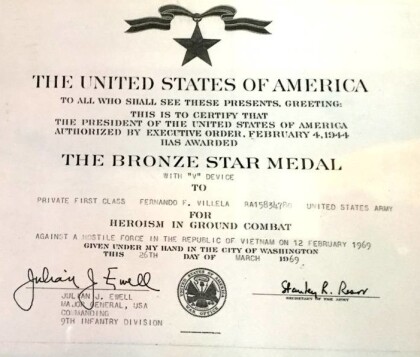
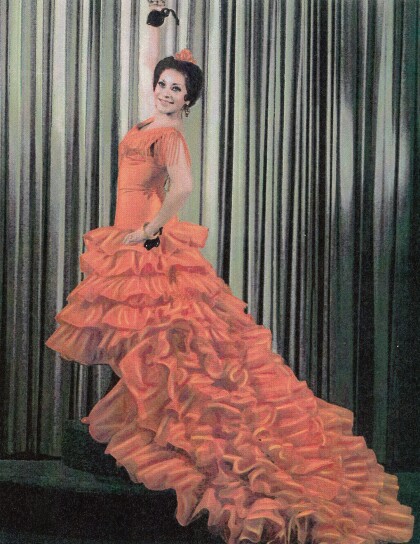
Comentarios
Hacer un comentario